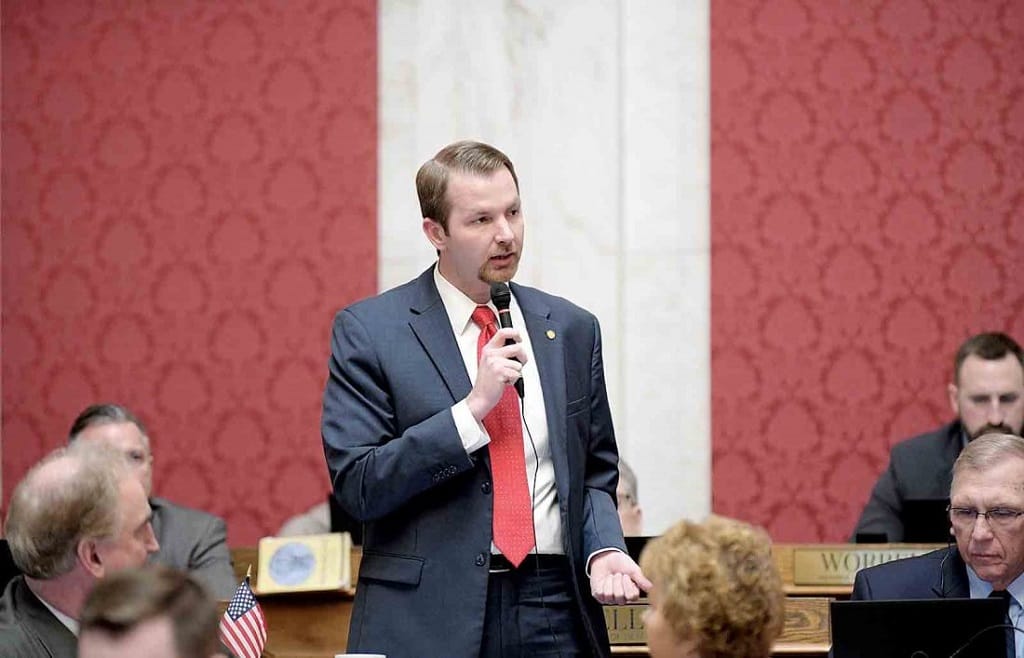Emergency Broadband Benefit Test Launch, FCC Robocall Database, West Virginia Broadband Legislation
FCC launches both the Emergency Broadband Benefit program and a database for robocalls, while West Virginia moves on broadband legislation.

April 20, 2021 – On Monday, the FCC announced that the agency is opening the Emergency Broadband Benefit Program to participating broadband providers for testing.
The $3.2-billion program was part of the Consolidated Appropriations Act of 2021 that passed in December 2020. It is a temporary funding mechanism intended to provide relief to eligible consumers for broadband subscriptions through their providers during the Covid-19 pandemic. The program will expire when all funds are depleted or six months after the Health and Human Services secretary declares that Covid-19 is no longer a health emergency.
This important milestone will allow these providers to familiarize themselves with the program systems in anticipation of the impending consumer launch of the program, the press release said.
“As the agency continues to work to rapidly deliver much-needed relief to families across the country, I’m proud of the progress we’ve made in record time,” said FCC Acting Chairwoman Jessica Rosenworcel. “I am thrilled that we have more than 600 providers now committed to the Emergency Broadband Benefit Program. Many have expressed interest in helping make sure consumer enrollments go as smoothly as possible as we near the program’s launch. For millions of families making the hard choice between paying a utility or internet bill or at risk of digital disconnection, help is on the way.”
FCC launches robocall database
The Federal Communications Commission announced Tuesday the launch of a database through which voice service providers are required to inform the agency of their robocall mitigation efforts.
Called the Robocall Mitigation Database, it includes a portal through which voice providers must file certifications regarding their efforts to stem the origination of illegal robocalls on their networks.
As of September 28, 2021, phone companies must refuse to accept traffic from voice service providers not listed in the new database.
“Protecting consumers from scammers that use robocall and spoofing tools is a top priority,” said FCC Acting Chairwoman Rosenworcel. “To succeed, we not only need an all-hands-on-deck response from government, but we need industry commitment and focus. Our message to providers is clear: certify under penalty of perjury the steps you are taking to stop illegal robocalls, or we will block your calls.”
Last week, the agency announced that carriers must ensure free tools are available to consumers to mitigate such calls.
Call authentication, based on STIR/SHAKEN technological standards, enables voice service providers to verify that the caller ID information transmitted with a call matches the caller’s phone number. Use of these standards will help combat scammers’ use of caller ID spoofing to mask their true identity and trick consumers by appearing to call from local or other trusted numbers. It will also allow law enforcement, the FCC, and industry to more quickly and effectively trace back scam calls to their source.
The FCC previously required providers with IP-based phone networks to implement the STIR/SHAKEN framework by June 30, 2021. The agency also required voice service providers with non-IP network technology either to upgrade their non-IP networks to IP and implement these standards, or work to develop a non-IP caller ID authentication solution. Providers that received an extension of time to come into compliance with these STIR/SHAKEN obligations must adopt robocall mitigation programs.
West Virginia broadband legislation
The West Virginia legislature has passed a new broadband bill, House Bill 2002, aimed at speeding up broadband deployment and offering additional protections for consumers, reported the Gazette-Mail on earlier this month.
The legislative process was impacted by industry lobbyists trying to usurp parts of the bill, reported the Gazette. Daniel Linville, a state representative, said that “broadband lobbyists tried to take control of the bill when they decided they didn’t like some of the Legislature’s proposals,” according to the article.
“I hope that fixing the damn internet will be the priority we all say it is, and I don’t mean in a partisan fashion. Put in the work,” Linville said.
The state senate sent the bill to the state house chamber just a few hours before the close of the legislative session, forcing the house to take quick action on it.
The bill was originally introduced in a previous year but had changes that didn’t make it through that time, the Gazette reported.
In the current version, the legislation would “expedite the permit process and have broadband companies share in the cost of a project with utility companies and other entities that do work requiring digging in right-of-way areas maintained by the West Virginia Division of Highways,” the article said.
It would also “specify protections for broadband customers that would allow them to file complaints with the Consumer Protection Division in the state Attorney General’s Office.”
The bill is waiting for consideration by West Virginia Governor Jim Justice.









Member discussion